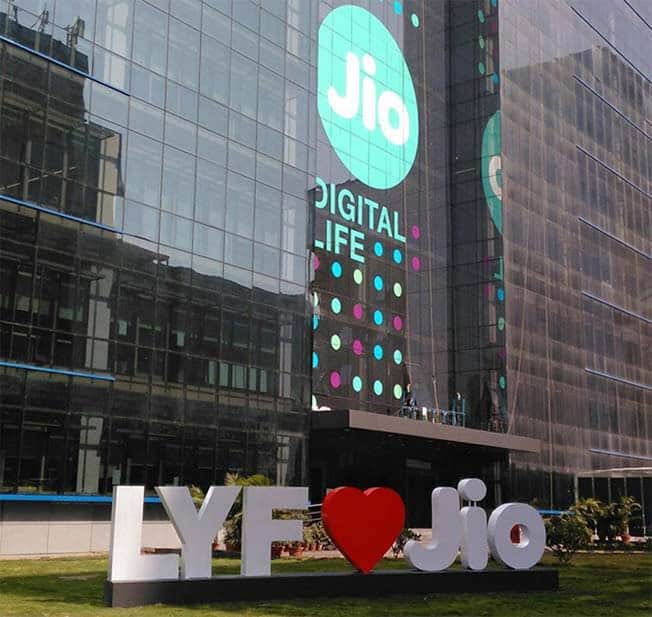Reliance Jio is poised to launch a mass-market, high-speed, wired, broadband service bundled with internet-based television programming starting at about Rs 500 a month, or effectively half of what cable operators charge for similar services.
The Mukesh Ambani-controlled telco is looking at a commercial rollout of Jio GigaFiber before Diwali (November 7), initially in the metros and about 80 top tier 1and 2 markets, a person with knowledge of the plan told ET. Availability of the service will depend on the volume of consumer registrations starting August 15, the person said.
At present, cable operators offer home broadband packs – over 100 GB of dataat 100 Mbps speed – at Rs 700-1,000 a month per household and charge an additional Rs 250-300 per home for TV services. Jio’s pricing for a similar bundled offer would be about 50% lower as it focuses on volumes to drive demand.
Analysts estimate the company’s home broadband pricing to be at a 25-30% discount to current 4G mobile data rates. Jio’s home broadband pricing would be “much more affordable and well below the current 4G mobile data rates that are in Rs 2.7-5 per GB range,” said Rajiv Sharma, HSBC director and telecom analyst. According to Naveen Kulkarni, telecom analyst at PhillipCapital, Jio’s home broadband bundled with TV services won’t affect its own 4G mobile data business.
“There can be very limited cannibalisation even if Jio prices fixed broadband (with bundled internet TV services) at 30% below 4G mobile broadband rates as the two data products are very different – one meant for the home user and the other for the person on-the move. Also, the quality of video streaming in a fibre-based home broadband scenario would be far more reliable and consistent than 4G mobile broadband,” Kulkarni said.
At press time, Jio did not reply to ET’s queries. Hetal Gandhi, director (research) and telecom expert at Crisil Ltd, expects “bundled services to emerge as the key differentiator and start gaining importance among operators as they seek to improve stickiness and gain market share.” She said Verizon in the US and Vodafone Plc in the UK rely on bundled offerings to retain subscribers and gain market share and have moved towards offering quad-play bundles – typically when consumers buy a combination of landline, internet, television and mobile services from a single company.
Another person said Jio may deploy IP multicasting technology to offer internet-based TV services so that home broadband customers don’t use up their data for television. The technology allows a single stream of TV services to be delivered to a group of recipients. HSBC’s Sharma said IP multicasting makes sense because “without such a technology, Jio would have had to provide each home a data allowance of over 500-600 GB per month for delivering TV services alone, which would limit the company’s ability to price home broadband with bundled TV services at an attractive Rs 500 per month.”

